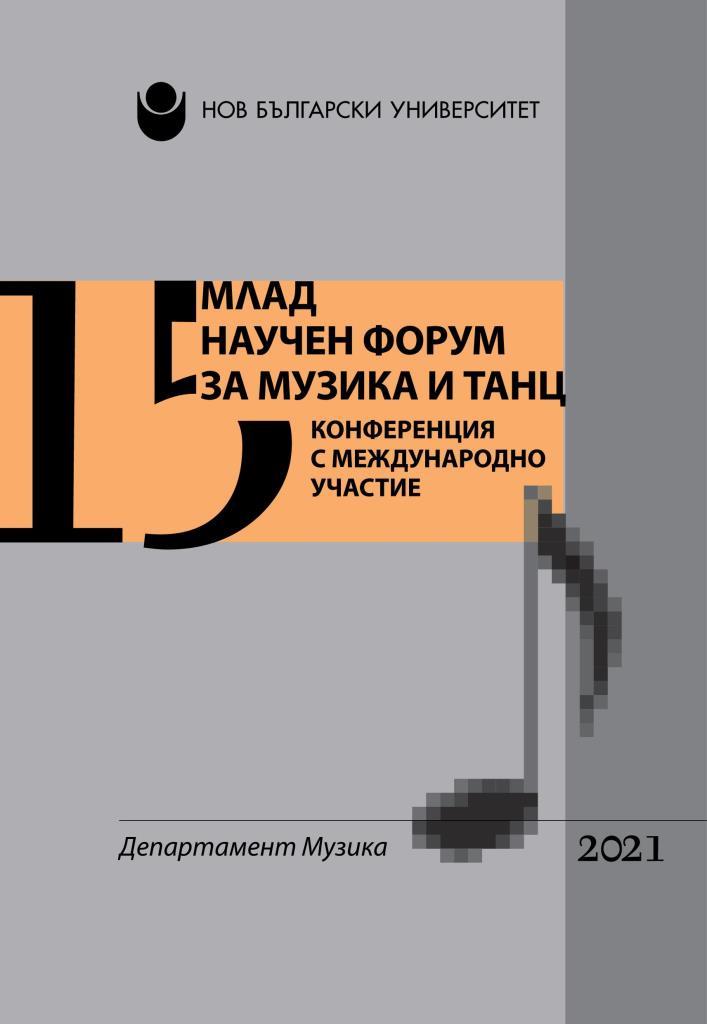Изследването на бароковите вокални традиции: важен инструмент за развитие на класическия глас
The study of the Baroque vocal traditions: an important tool in the developing classical voice
Author(s): Androniki AntoniouSubject(s): Fine Arts / Performing Arts, Music
Published by: Нов български университет
Keywords: Baroque singing traditions; singing technique; da capo arias; embellishments; improvisation; castrati; Jenny Lind
Summary/Abstract: The topic of interest, will focus on the study of the Baroque singing traditions and specifically on the approach of the singers on matters of embellishment and improvised passages in da capo arias. It was the norm in the Baroque da capo arias for virtuoso singers (a title prominently asserted to castrati singers of the time) to add embellishments and cadenzas in order to exhibit their vocal abilities and musicianship. I will argue that the study of those traditions will accommodate a developing classical female singer with significant vocal abilities (dexterity, agility, good breath control). Furthermore, one has important musical skills to gain, such as the development of the musical ear, improvisational skills, musical understanding and interpretation. The castrati singers were renowned for their abilities in all of these aspects. Their abilities however, were not a godsend gift to compensate the brutal manner in which they preserved their angelic voice, while their body followed the natural course of adolescence. They undertook a solid musical education that equipped them with the knowledge to use their voice in their favor. Their ability to improvise gave them the chance to shine on stage with breath-taking fiorituras and of course helped them to gain confidence and self-esteem. To be able to stand on stage and give a convincing performance is essential to a singer. Even more so, is the ability to gain enough confidence to grow away from the score without the fear of totally dismantling the music. To support my argument I will attempt to exhibit the way in which da capo arias were sung, by asserting written out examples and accounts. I will focus on the importance of training the voice with perseverance and consistency to attain an ability that perhaps resembles the vocal quality of the castrati, capable to move the senses.
Journal: Млад научен форум за музика и танц : Конференция с международно участие
- Issue Year: 2021
- Issue No: 15
- Page Range: 215-224
- Page Count: 10
- Language: English

